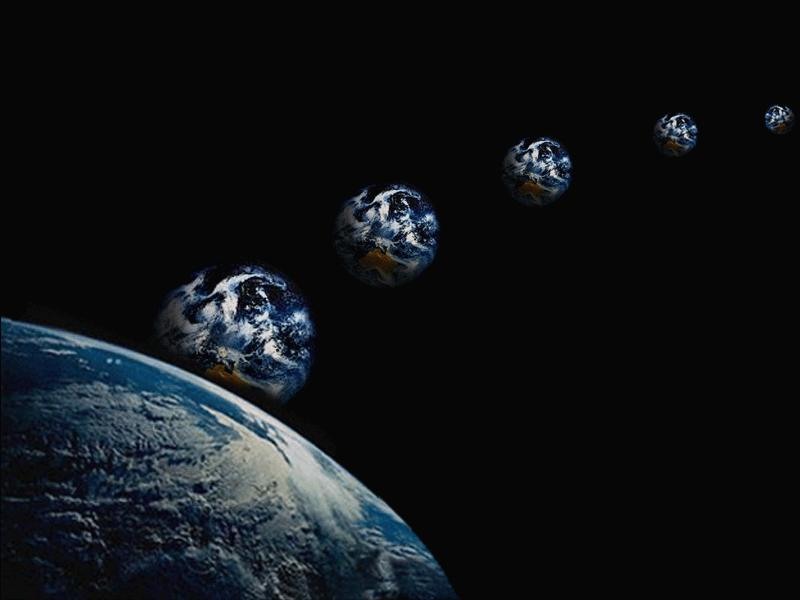- Joined
- Oct 24, 2009
- Messages
- 2,738
- Points
- 63
that post seemed infinite. 
one thing to remember, it's all theory.
One reason science fiction is so popular with science fact fans. The "what if" factor draws us in.
one thing to remember, it's all theory.
One reason science fiction is so popular with science fact fans. The "what if" factor draws us in.
Last edited:








